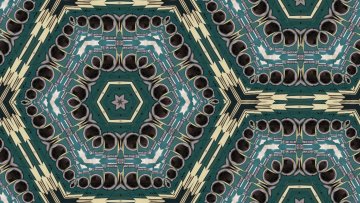Connections in symplectic topology
Abstract
Here, a connection is a algebraic structure that is weaker than an algebra and stronger than a module. I will define this structure and give examples. I will then define the quantum product and explain how connections capture important properties of this product. I will finish by stating a new result which describes how this extends to equivariant Floer cohomology. No knowledge of symplectic topology will be assumed in this talk.


